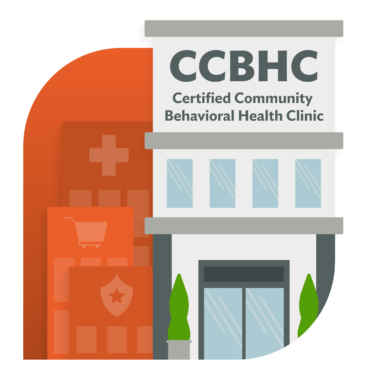President Donald J. Trump on Saturday signed The National Suicide Hotline Designation Act into law, capping a bipartisan, bicameral push to make 9-8-8 the national number for mental health emergencies.
The success of the legislation comes at a critical time for behavioral health services, as COVID-19 has contributed to increased isolation and unemployment, among other difficulties. The National Council in September released results from a behavioral health CEO survey finding that demand for behavioral health services has increased while capacity has diminished because of the pandemic. In addition, the Centers for Disease Control and Prevention (CDC) published findings in August showing that one in four young adults “seriously considered suicide in the past 30 days.”
The FCC has set a deadline of July 2022 for full, national implementation of 988. The existing National Suicide Prevention Lifeline is available at 1-800-273-TALK (8255).
The National Council provided the following statement in response:
“Together, the passage and signing of The National Suicide Hotline Designation Act represents the single-most important development to reduce suicide in America to date,” said Chuck Ingoglia, President and CEO of the National Council for Mental Wellbeing. “For the first time, a dedicated three-digit-number will now be available for those experiencing a mental health crisis, making it easier than ever for millions of Americans to access critical resources and receive lifesaving help. This is especially important in the wake of increased isolation, fear, grief, and substance use due to COVID-19. We appreciate the tireless work done to make this hotline a reality and look forward to continue working with lawmakers and our members to not only ensure the promise of 9-8-8, but to keep improving access to crisis services and high quality care.”
About The National Council
Founded in 1969, the National Council for Mental Wellbeing is a membership organization that drives policy and social change on behalf of over 3,400 mental health and substance use treatment organizations and the more than 10 million children, adults and families they serve. We advocate for policies to ensure equitable access to high-quality services. We build the capacity of mental health and substance use treatment organizations. And we promote greater understanding of mental wellbeing as a core component of comprehensive health and health care. Through our Mental Health First Aid (MHFA) program, we have trained more than 4 million people in the U.S. to identify, understand and respond to signs and symptoms of mental health and substance use challenges.



